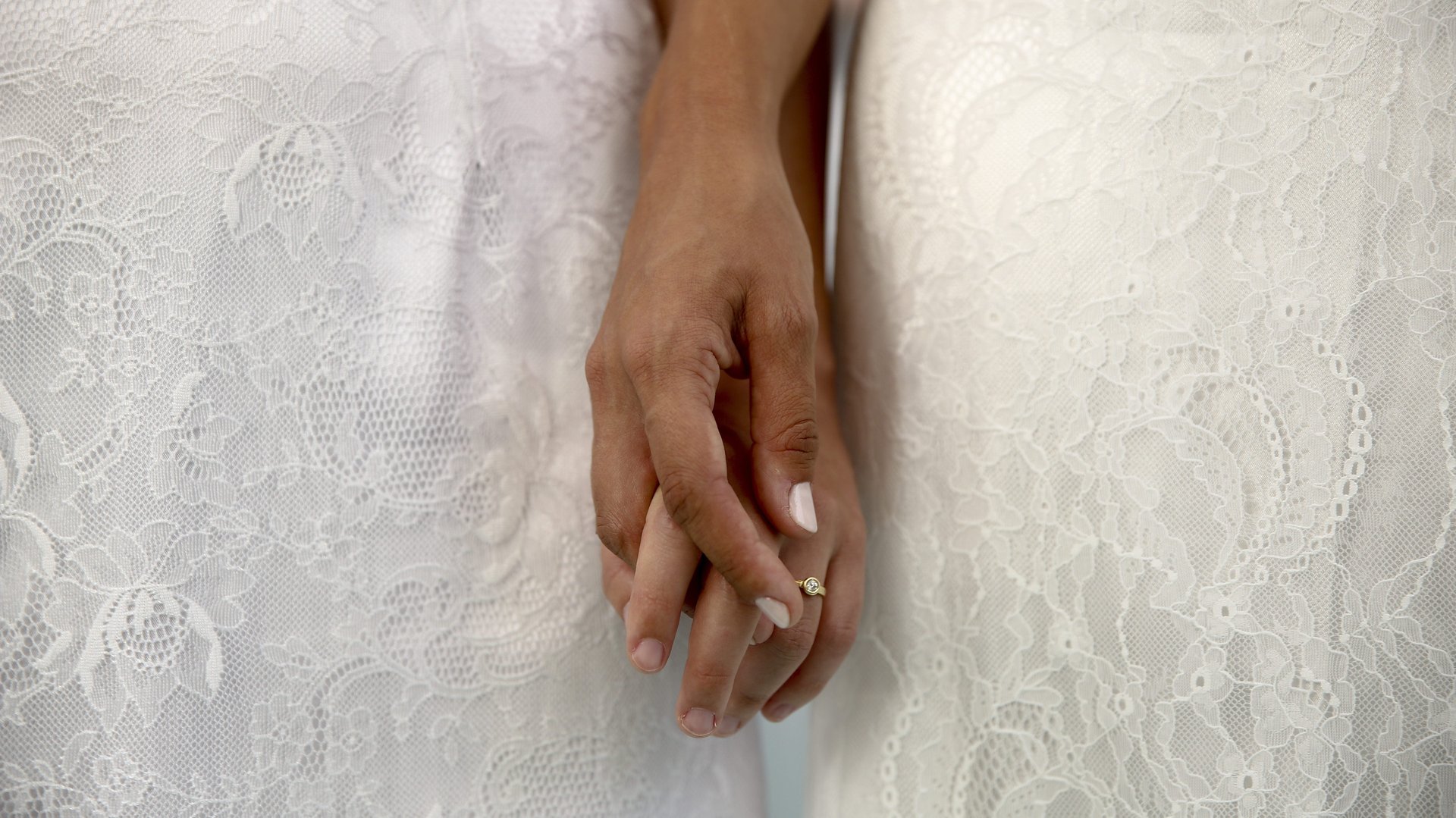Should you live with your spouse?
Several years ago, when I lived in New York, I met a woman who casually mentioned that she and her husband of decades had never lived together. They kept separate apartments directly across the hall from one another in their Manhattan building. The ease with which she described this astoundingly expensive arrangement was deliciously glamorous.


Several years ago, when I lived in New York, I met a woman who casually mentioned that she and her husband of decades had never lived together. They kept separate apartments directly across the hall from one another in their Manhattan building. The ease with which she described this astoundingly expensive arrangement was deliciously glamorous.
“I like my things to be in the same place where I left them,” she said breezily. “And we have our place in Sag Harbor on the weekends.”
Later that day I returned to the apartment I’d just moved into with my fiancé, a move that up until then felt adult and exciting but now seemed pitifully bourgeois. We couldn’t get from the kitchen to the bathroom without moving each other’s stuff out of the way. We’d never even been to Sag Harbor.
I thought of that couple when reading Gwyneth Paltrow’s interview with the Sunday Times in which she shared that she and her husband of eight months, the TV writer Brad Falchuk, do not share an address. Falchuk sleeps at his own home three nights a week when his children from a previous relationship are with him, and comes to Paltrow’s place when they’re not.
This isn’t unique to celebrities. A growing number of couples identify as “living apart together,” sociologists’ term for this separate-homes-by-choice arrangement. It’s driven largely by the demographic boom in older adults who, like Paltrow, 46, and her partner, 48, have no small children at home and the financial means to maintain separate households—though unlike them, most of these separately domiciled couples aren’t legally married.
It’s an arrangement that carries enticing advantages: fewer tensions or disruptions with older children, the pleasure of companionship without loss of independence, less conflict over domestic housekeeping preferences. Without question, this is one of those setups that gobs of money make easier. It can’t be a coincidence that the “intimacy coach” who Paltrow says inspired her decision describes herself on her website as a “counselor to the stars in Hollywood” and a consultant “specializing in succession and second generation wealth strategies.”
“All my married friends say that the way we live sounds ideal and we shouldn’t change a thing,” Paltrow said.
I tend to agree with them. A close friend with a happy marriage and the routine exhaustions of work and small children remarked recently that marriage needs an off-season: a few weeks a year where everyone can retreat to their personal version of Boca Raton (or Sag Harbor) and take a break from the endless patience and compromise that sharing a home requires.
Togetherness is good and all. Yet having your things in the same place where you left them may be one of the greatest luxuries of all.